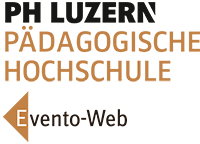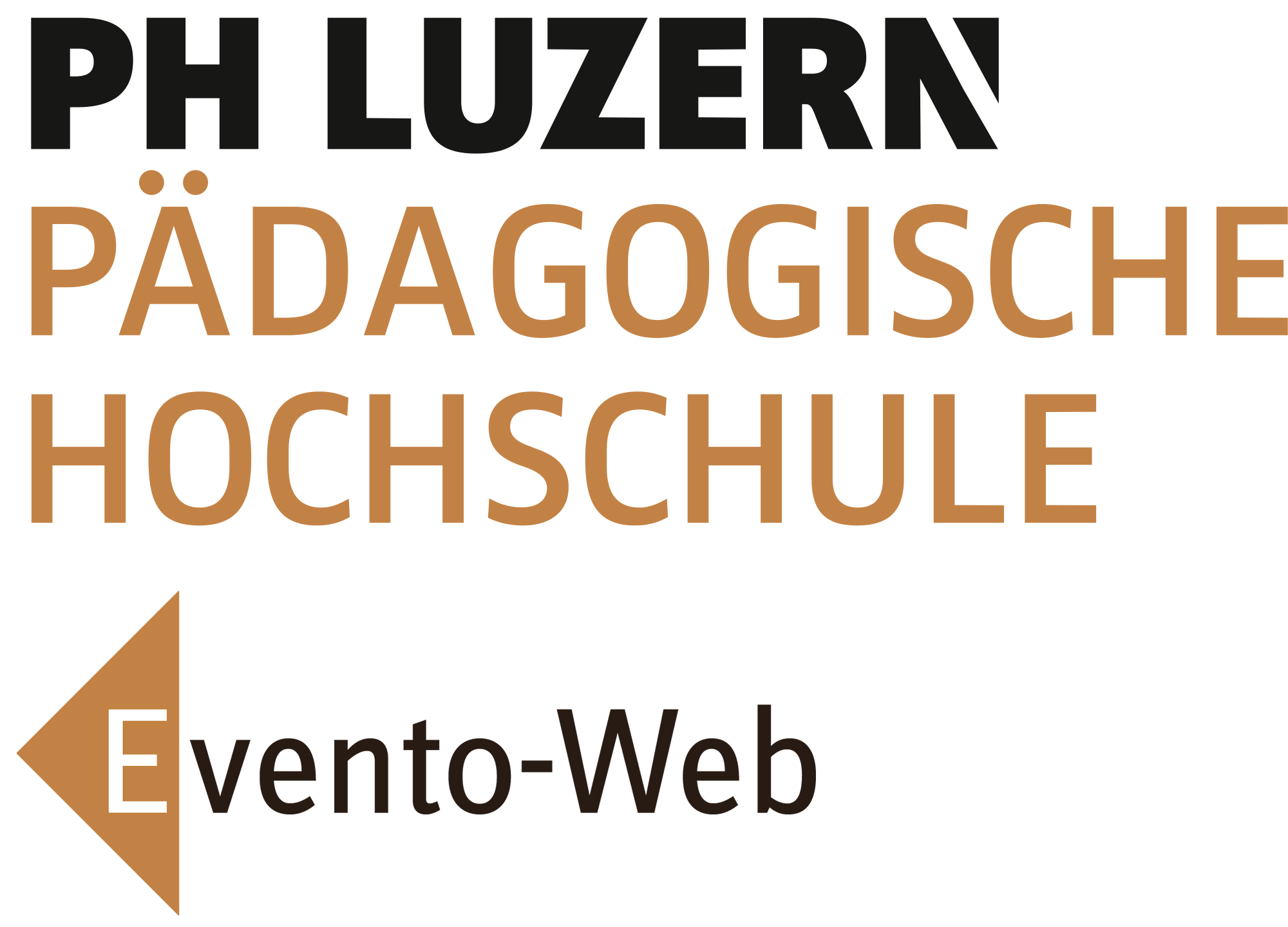Practice of English Language Teaching II F25.001
| Nummer: | PLU.EN01.02-S2 24.F25.001 |
|---|---|
| Veranstalter: | PLU.Sekundarstufe 2 |
| Leitung: | Gustav Arnold |
| ECTS-Punkte: | 0 |
| Datum: | 26.02.2025 - 04.06.2025 |
| Raum: | UP 2.B02 |
| Unterrichtssprache: | Englisch |
| Anmeldungszeitraum: | 13.01.2025 - 02.02.2025 |
| Weitere Informationen: |
Ziele und Inhalte
As a Secondary-II teacher, your role involves igniting a love for reading and developing critical reading skills using various literary and non-literary texts. The goal of teaching literature is to build a foundation for students to independently analyze, create, and innovate, as well as to contemplate their own and others' identities and cultures. This course also emphasizes contemporary methods of teaching literature, incorporating digital tools and technologies. Students will actively engage with the materials, creating assignments grounded in theory that could be suitable for journal submissions or conference presentations.
Understanding the distinction between literary and non-literary texts is crucial, as is familiarity with different genres (such as interviews, news articles, short stories, novels, dramas, etc.) and historical periods (from the Renaissance to the postmodern era). It's vital to master critical analytical tools (ranging from reader-response theory to feminist criticism) and to deeply comprehend the cultures of English-speaking regions. This module also provides opportunities for intercultural learning, encompassing knowledge, skills, and attitudes, and encourages exposure to various forms of otherness and diversity. These experiences can be enhanced by local cultural offerings like theater, music groups, and slam poetry, enriching classroom activities with unique preludes or conclusions.
Examinations, both written and oral, are an integral part of this module. A thorough understanding of Matura and other literary examinations is important, including their underlying principles, to effectively rethink and adapt them in line with modern language teaching approaches.
Aims
Students are able to …
• to make use of different approaches to teaching literary and non-literary texts;
• describe and critically comment on online and hands-on material for in-class use;
• discuss and apply theoretical models to the reading of texts;
• generate teaching ideas based upon theoretical models;
• assess both written and oral performances.
With reference to the "Referenzrahmen" (Reference Framework) of the PH Luzern, the module prepares students for the following "Handlungsfelder" (skills set):
Skillsets (Handlungsfelder)
C Encouraging and accompanying the personal development of individual students
D Providing learning opportunities
E Accompanying and assessing the learning process of the students
G Taking on a professional role as a teacher in school and society
The module also serves to develop the following professional competences:
Professional Competences (Professionskompetenzen)
01 Lesson planning skills
02 Competence to design a competence- oriented, understanding-oriented and motivating lessons
03 Competence to create adaptive learning arrangements and provide consultancy
04 Diagnosis and assessment competence
06 Relationship-building competence
07 Organisational competence
Lehr- und Lernformen
Input, presentations, group and individual work
Form des Leistungsnachweises
To pass the course, students must compile a comprehensive portfolio including below items:
1. Novel: Create 2 activities per item (pre-, during, post).
2. Short Story: Choose a short story of your liking and create a solid handout for a
Matura class.
3. Play: Design a task for a Matura class, ensuring curriculum alignment.
4. Poetry: Select a poem you enjoy and devise three teaching sequences (broad
outlines without specific lesson plans) focusing on a) analysis (language and
content), b) interactive activities, and c) reflective exercises.
5. Matura Exam: Craft an exam page with an excerpt and 'productive Verfahren'
questions.
6. Cultural Titles: Compile ten titles from five English-speaking countries and
comment on them critically.
7. Genre Exam: Design a literature exam for a specific genre.

